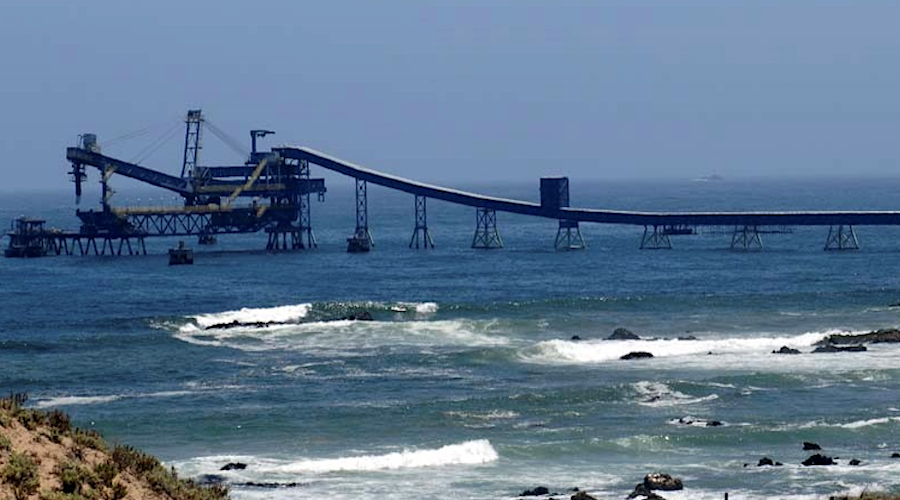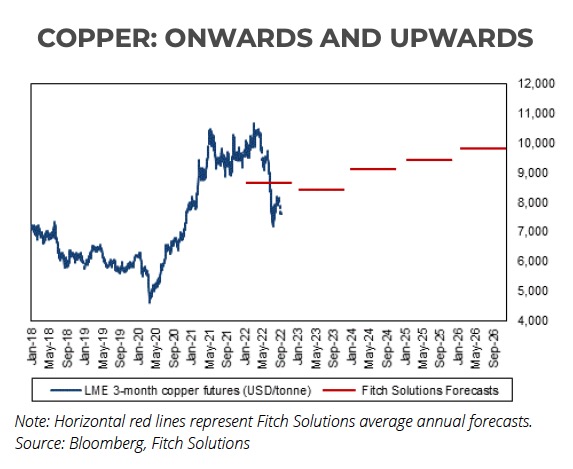Mining
Tuesday, October 4th, 2022 8:38 am EDT

Severe sea swells have also stopped the resumption of marine construction work, therefore affecting the plant, and the company is now working on a revised schedule incorporating this delay, it said.
The copper producer said it does not expect a material increase in the total capital cost of the project due to the delayed resumption of the marine works.
The construction of a desalination plant and water pipeline is part of Antofagasta’s $2.2 billion expansion of Los Pelambres, its flaghship mine.
The project will add 60,000 tonnes of copper a year over the first 15 years to the company’s overall production.
The plan includes boosting throughput at the plant from 175,000 tonnes of ore a day to an average of 190,000 tonnes a day.
Los Pelambres has been hit by unfortunate events this year. In early June, Antofagasta disclosed a leak in a pipeline at the mine’s concentrator plant. It also said that the operation was one of the company’s mines hardest hit by the lack of rainfall in the home country earlier in the year.
Copper miners across Chile have been forced to find alternative means to feed water to their mines as the country’s longest drought in decades and receding aquifers have hampered operations. Many have sharply reduced use of continental freshwater or turned to desalination plants.
The country’s copper agency Cochilco estimates that mining’s use of seawater — either used directly or desalinated — will increase 167% by 2032, while freshwater use will decline 45%. By the end of that period, 68% of water used by the industry will come from the ocean, the agency has said.
Antofagasta said it will announce the effects of the delays at the plant in the company’s total copper production guidance for 2023, when it publishes its production report for the third quarter on October 19.
This post has been syndicated from a third-party source. View the original article here.




